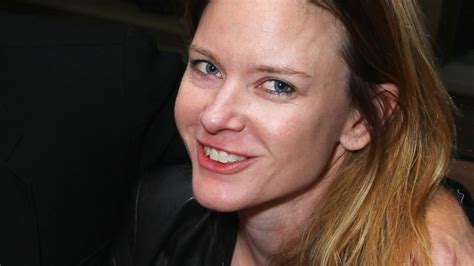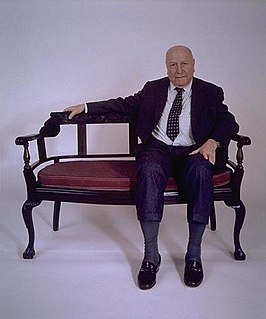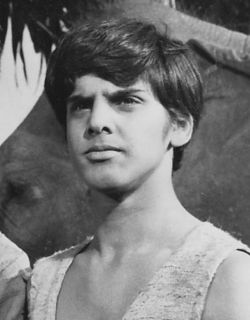Цитата Мэри Паркер Фоллетт
Действия толпы — это результат согласия, основанного на совпадении эмоций, а не мыслей.
Темы цитат
Связанные цитаты
Раздражение тройственной фрустрацией действия — непредсказуемостью его исхода, необратимостью процесса и анонимностью его авторов — почти так же старо, как записанная история. Для людей действия не меньше, чем для людей мысли всегда было большим искушением найти замену действию в надежде, что сфера человеческих дел сможет избежать случайности и моральной безответственности, присущих множеству агентов.
Я вижу много индивидуальных действий, когда речь идет об экологических вопросах, действительно как форму политики, как способ общения с политическими лидерами, во многом так же, как акты гражданского неповиновения во время движения за гражданские права были на самом деле актами политического общения. , пытаясь изменить законы, а не основываясь на мысли, что индивидуальные действия действительно изменят практику сегрегации.
Наша проблема не в том, что мы индивидуалисты. Дело в том, что наш индивидуализм скорее статичен, чем динамичен. Мы ценим то, что думаем, а не то, что делаем. Мы забываем, что мы не сделали или не были тем, что мы думали; что первая функция жизни есть действие, подобно тому как первое свойство вещей есть движение.
Самая интересная часть моей духовной жизни – учиться как можно больше. Ислам, и буддизм, и индуизм, и шаманизм, и иудаизм, христианство — вы пытаетесь узнать, что такое заповеди, что такое религия, и, в конечном счете, они основаны на одной и той же мысли, они основаны на одном и том же результате, знаете ли.
































